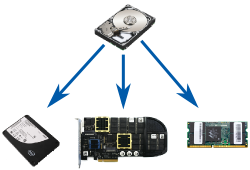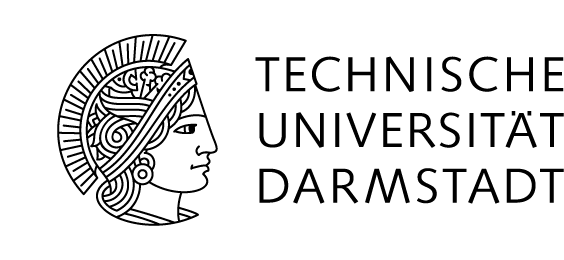The architecture and algorithms of database systems and data-intensive systems in general have been built around the properties of existing hardware technologies. Many basic design and algorithmic assumptions have been made to efficiently use the strengths of existing hardware and compensate for the performance hazards. Some of those assumptions are 20-30 years old and reflect outdated hardware characteristics.
Over the last decade we witnessed several noteworthy hardware developments, which will continue throughout the next decade [1]:
- many-core CPUs - 1000 cores per chip by 2022 [1]
- growing RAM volumes - more than 128 TB RAM per server by 2022 [1]
- increasing interconnect bandwidth - memory: 2.5 TB/s, I/O: 250 GB/s by 2022 [1]
- better I/O technologies - fast 1TB Flash chips and Non-Volatile Memories with read performance similar to that of DRAM
Among those the breakthroughs in I/O technologies have important implications on basic assumptions in data management.
[1] Andreas von Bechtolsheim. Technologies for Data- Intensive Computing. HTPS 2009.
Current Focus
Our major research goal is to examine the influence of the new I/O technologies on data-intensive systems in all of its architectural and algorithmic aspects:
- Database Storage and Page Formats
- Transaction Processing Logging And Recovery
- Buffer Management
- Query Execution
- Index Structures
- Data Placement
The research area encompasses the following research projects:
 )
)
Additionally we investigate on the influence of changing memory hierarchies on data-intensive systems in general, i.e. analytic databases. We try to improve cache-awareness of algorithms and improve their use of many-core CPUs through higher parallelism.







 Print
Print Contact
Contact Legal note
Legal note Search
Search